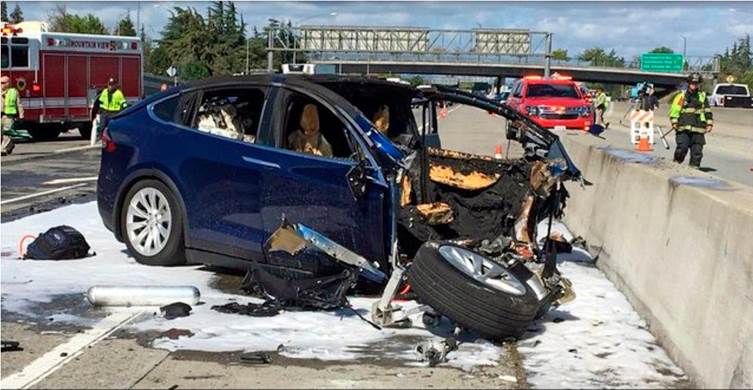
Car accidents are unfortunate events that can result in serious injuries. When company vehicles are involved, the landscape of injury claims can become more complex. In Texas, understanding the nuances of car accidents with company vehicles is crucial for both employees and employers. Let us explore the distinctive aspects of such cases.
Employee vs. Employer Liability
Vicarious Liability in Texas
Vicarious liability holds employers responsible for the actions of their employees during employment. In Texas, this legal concept is applicable when the employee’s actions fall within the scope of their job duties. Understanding the principles of vicarious liability is essential in determining the extent of an employer’s responsibility in a car accident involving a company vehicle.
Scope of Employment
Establishing whether an employee was on duty at the time of the accident is critical. If the employee was engaged in work-related activities, the employer is more likely to be held liable. This analysis considers factors such as the nature of the task and whether it was within the scope of the employee’s job responsibilities.
Negligent Entrustment
Employers have a duty to ensure that the vehicles they provide to employees are safe and suitable for use. Negligent entrustment claims may arise if it can be demonstrated that the employer knew or should have known that the employee was unfit to operate the vehicle, leading to the accident.
Insurance Coverage Challenges
Commercial Auto Insurance
Distinguishing between personal and commercial auto insurance is crucial. Companies typically carry commercial auto insurance, which provides coverage for business-related vehicle use. Understanding the terms and coverage limits of these policies is essential for both employees and employers seeking compensation.
Determining Primary Coverage
When a company vehicle is involved in an accident, multiple insurance policies may come into play, including the employee’s personal insurance. Determining the primary coverage and coordinating claims can be complex. Clear communication and a thorough understanding of the insurance landscape are essential.
Underinsured and Uninsured Motorist Coverage
In Texas, drivers are required to carry auto insurance, but accidents with underinsured or uninsured motorists can complicate matters. Employers may need to explore underinsured and uninsured motorist coverage options to ensure adequate protection in the event of accidents with company vehicles.
Investigative Considerations
Preserving Evidence
Promptly documenting the accident scene is crucial. Photographs, witness statements, and any available surveillance footage can serve as valuable evidence in establishing liability and determining the extent of damages.
Black Box Data
Many modern vehicles, including company vehicles, are equipped with event data recorders or “black boxes.” Retrieving and analysing this electronic data can provide insights into the circumstances leading up to the accident, contributing to a thorough investigation.
Witness Statements
Collecting credible witness statements is essential. Witnesses can provide valuable perspectives on the events leading to the accident, helping establish a comprehensive narrative that may be crucial in negotiations or litigation.
Employee Rights and Responsibilities
Workers’ Compensation
Employees injured in a car accident while on the job may be eligible for workers’ compensation benefits. Understanding the coverage and navigating the workers’ compensation process is crucial for employees seeking timely and appropriate compensation.
Potential Third-Party Claims
In addition to workers’ compensation, employees may have the right to pursue third-party claims against parties other than their employer. This dual avenue of compensation allows employees to explore additional sources of recovery for their injuries.
Protecting Employee Rights
Balancing employer obligations with employee rights is essential. Employees should be aware of their rights throughout the claims process and seek legal guidance to ensure their interests are adequately protected.
Factors Influencing Settlements and Litigation
Severity of Injuries
The extent of injuries sustained in a car accident significantly influences the compensation amount. Severe injuries may result in higher medical expenses, lost wages, and long-term care needs, all which factor into negotiations or litigation.
Admissibility of Evidence
The admissibility of evidence, including accident reconstructions, medical records, and expert testimonies, can play a pivotal role in settlement negotiations or court proceedings. Ensuring the validity and relevance of presented evidence is crucial for a successful case.
Negotiating with Employers
Negotiating a fair settlement involves balancing the interests of both parties. Employers may seek to minimise liability, while employees strive for just compensation. Understanding the legal and financial considerations on both sides is crucial for reaching a mutually agreeable resolution.





